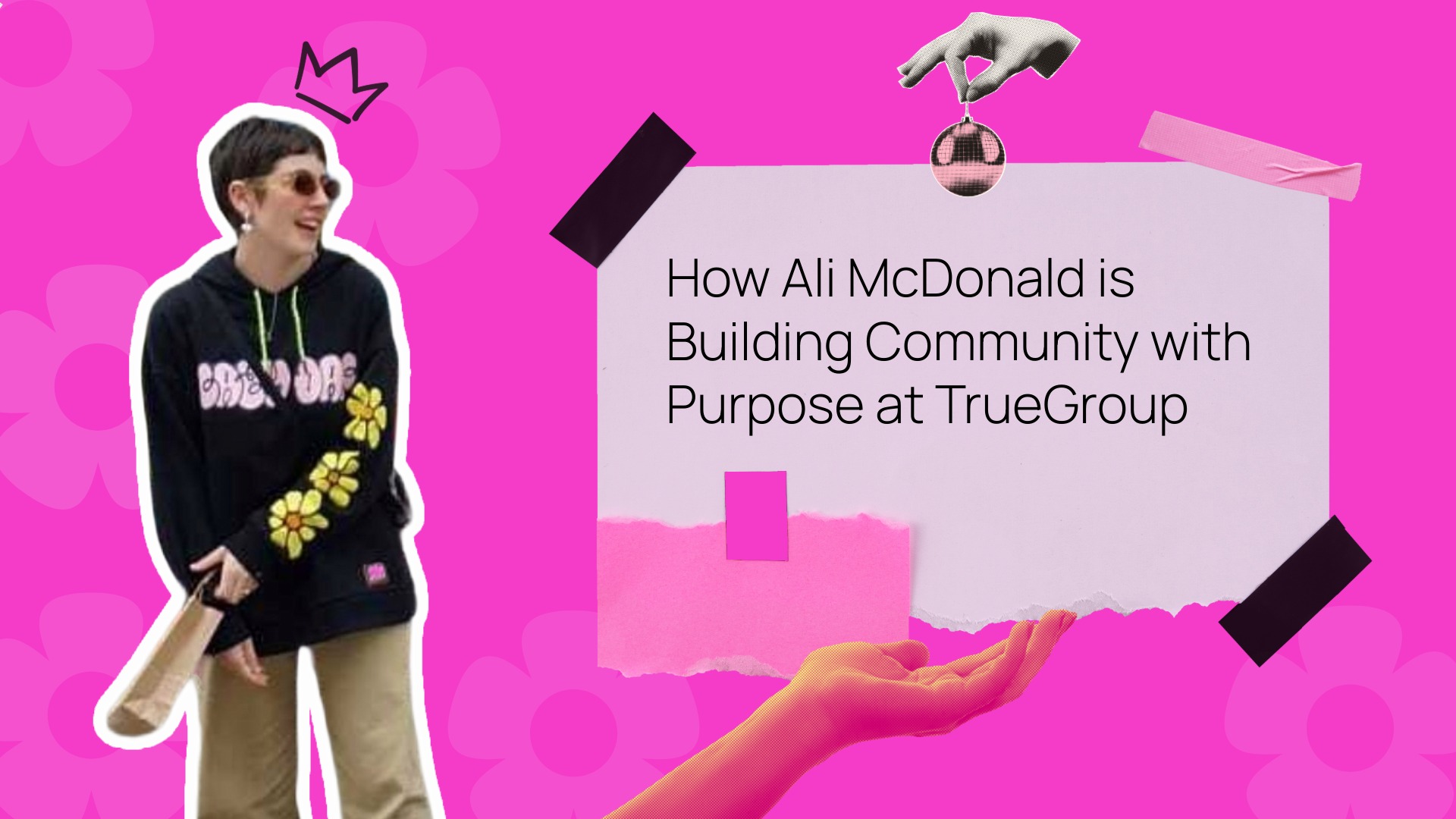Embracing the AI Revolution: How to Remain Content Kings in the Age of Automation
Hosts
Embracing the AI Revolution: How to Remain Content Kings in the Age of Automation
The release of the AI video creation tool by OpenAI feels like a turning point for content production. The transformative power of AI isnt just about the tools we use but how we conceptualise the creation, dissemination, and consumption of content. Initially this appears to be a little frightening, especially to a content creation studio like us. The emerging narrative however is not one of displacement but of augmentation, where AI serves as a catalyst for creative innovation and efficiency, rather than a replacement for human creativity and expertise.
Creators now have the unprecedented ability to generate full narrative visuals from simple prompts. This leap in capability introduces a double-edged sword: on one hand, it democratises content creation, allowing for more diverse voices and stories to be told without the traditionally high barriers to entry. On the other hand, it raises existential questions for professionals in the industry about the value and uniqueness of their skillsets in an AI-augmented future.
The core of this transformation lies not in the technology itself but in how it's wielded. AI, with its ability to generate and iterate on content rapidly, requires a directorial hand—a creative mind that can guide it towards achieving a vision that is compelling, coherent, and contextually appropriate. This is where the human element becomes indispensable. The true artistry in leveraging AI tools for content creation lies in the prompting, the strategic oversight, and the narrative structuring that only a human can provide.
The challenge and opportunity for marketers is to evolve with these tools, integrating AI into their strategic toolkit while emphasising the irreplaceable elements of human creativity—empathy, contextual understanding, and emotional resonance. This is not a time for fear but for strategic adaptation. Professionals must focus on developing skills that complement AI's capabilities, such as strategic thinking, creativity, and emotional intelligence, ensuring that they remain vital components of the content creation process.
Furthermore, AI's role in enhancing productivity and creativity is undeniable. It acts as a powerful assistant, enabling professionals to experiment with ideas at scale and speed unattainable before. However, this does not diminish the value of human insight; rather, it amplifies it. The ability to harness AI's potential while injecting human creativity and strategic thinking into the process will define the next generation of marketing leaders.
These are the things our team at TrueGroup have been focusing on; building AI into our workflow to help our production capabilities but also to enhance our human capabilities - strategy, creativity and narrative excellence.
The future of content creation and marketing in an AI-augmented world is not about technology replacing human creativity but about how humans can harness this technology to push the boundaries of what's possible. AI offers tools of unprecedented power and flexibility, but the guiding vision, strategic direction, and emotional depth that truly connect with audiences will always rely on the human touch. Embracing AI as a partner in the creative process, rather than viewing it as a competitor, will be key to navigating this new future successfully.

.png)
.png)

.png)
.png)



